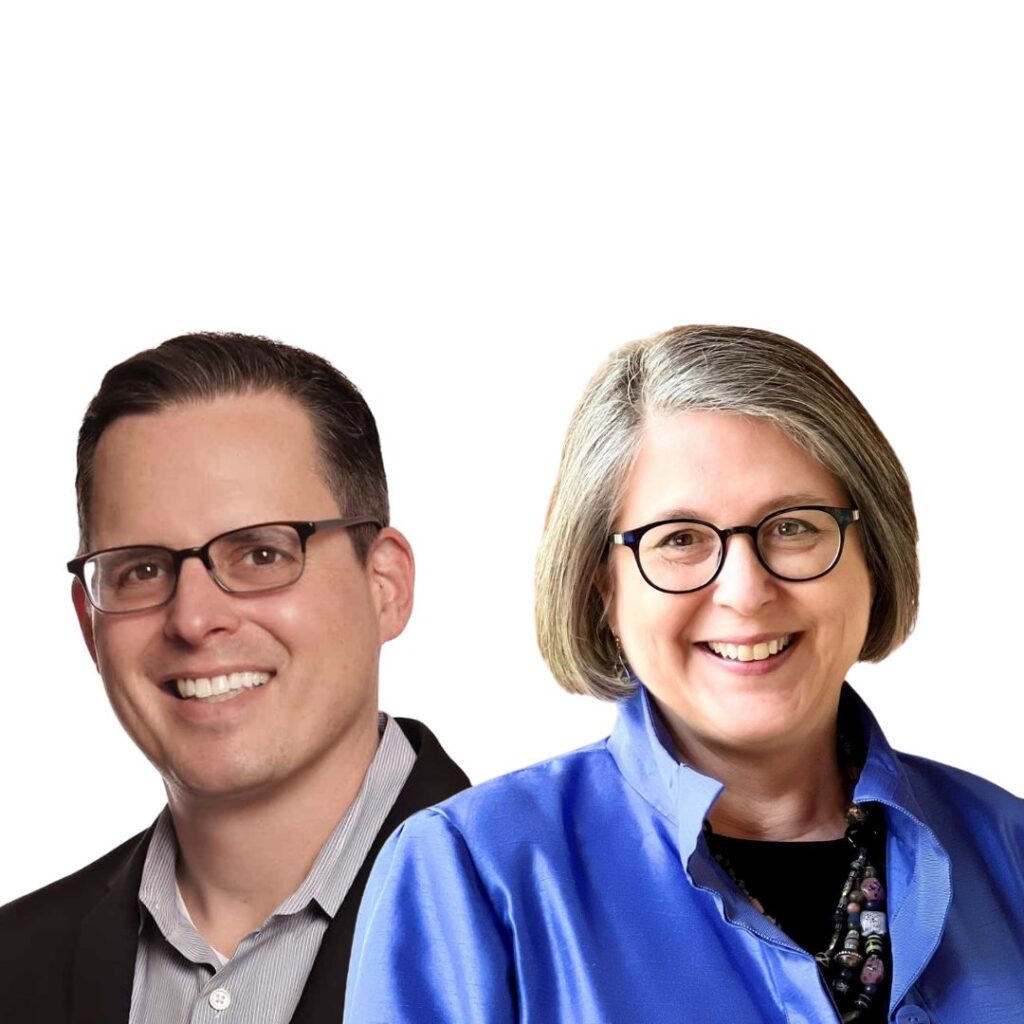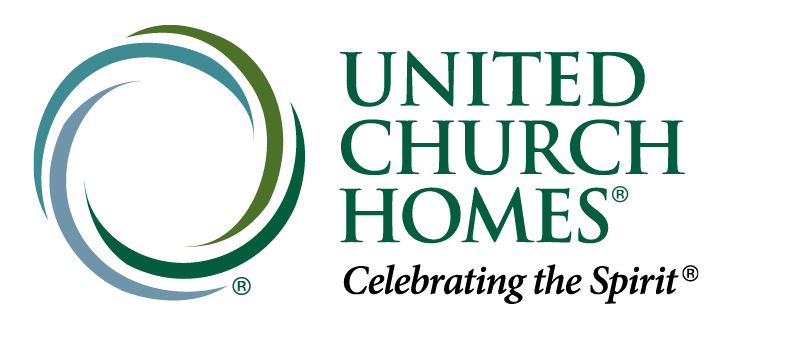
Highlights from this week’s conversation include:
Join Us at the Ruth Frost Parker Center for Abundant Aging’s Annual Symposium: Meaning, Purpose, & Redefining Retirement on October 4, 2024.
Abundant Aging is a podcast series presented by United Church Homes. These shows offer ideas, information, and inspiration on how to improve our lives as we grow older. To learn more and to subscribe to the show, visit abundantagingpodcast.com.
